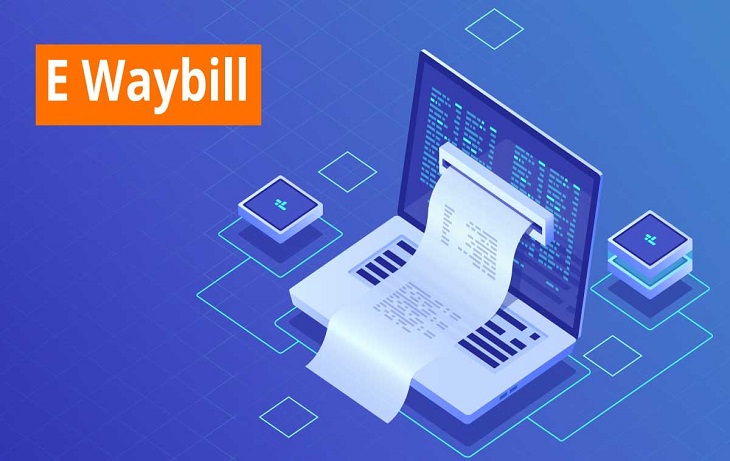🚚 E-Way Bill Under GST – Complete Guide | GST Suvidha Centre
E-Way Bill is an electronic document required for the movement of goods valued above ₹50,000 under the Goods and Services Tax (GST) regime. It must be generated on the official e-Way Bill Portal ewaybillgst.gov.in before the transportation of goods.
At GST Suvidha Centre, we help businesses comply with all e-Way Bill requirements efficiently and accurately.
📌 What is an E-Way Bill?
An E-Way Bill (Electronic Way Bill) is a document generated online for the movement of goods either:
- Between states (Interstate)
- Within a state (Intrastate)
It includes details of the consignor, consignee, goods, transporter, and value.
📅 When is E-Way Bill Required?
You must generate an E-Way Bill when:
- Goods worth more than ₹50,000 are moved
- Movement is for supply, return, or receipt from an unregistered person
Types of Supply That Require E-Way Bill:
- ✅ Sale (with consideration)
- 🔁 Transfer (like stock transfers)
- 🔄 Barter or exchange (without money)
Special Cases (Even if value < ₹50,000):
- Inter-state movement to job workers
- Inter-state transport of handicraft goods by exempted dealers
🚫 When is E-Way Bill Not Required?
E-Way Bill is not mandatory if:
- Goods are moved within 50 km from consignor to transporter (within the same state)
- Specific exemptions are notified by state authorities
- Transported goods fall under the exempted category
⚠️ The E-Way Bill is deemed accepted after delivery or 72 hours from generation—whichever is earlier.
🧾 Who Should Generate the E-Way Bill?
| Category | Obligation |
| Registered Person | Must generate before dispatch if value > ₹50,000 |
| Unregistered Person | Receiver (if registered) must ensure compliance |
| Transporter | Must generate if neither supplier nor recipient does |
Required Documents
- Tax Invoice
- Vehicle Number
- Address of Supplier and Recipient
- Transporter details
- Product details
- Registered mobile number.

Reviews
There are no reviews yet.